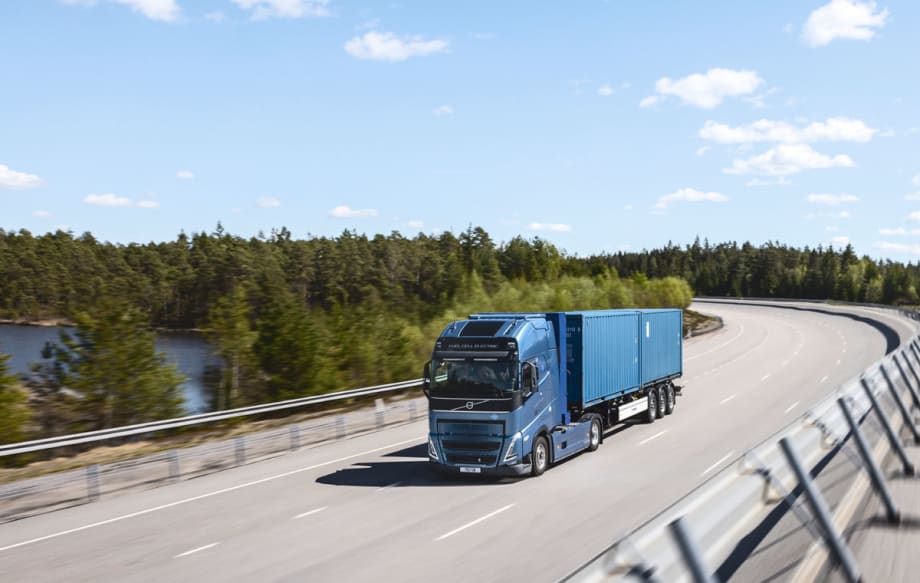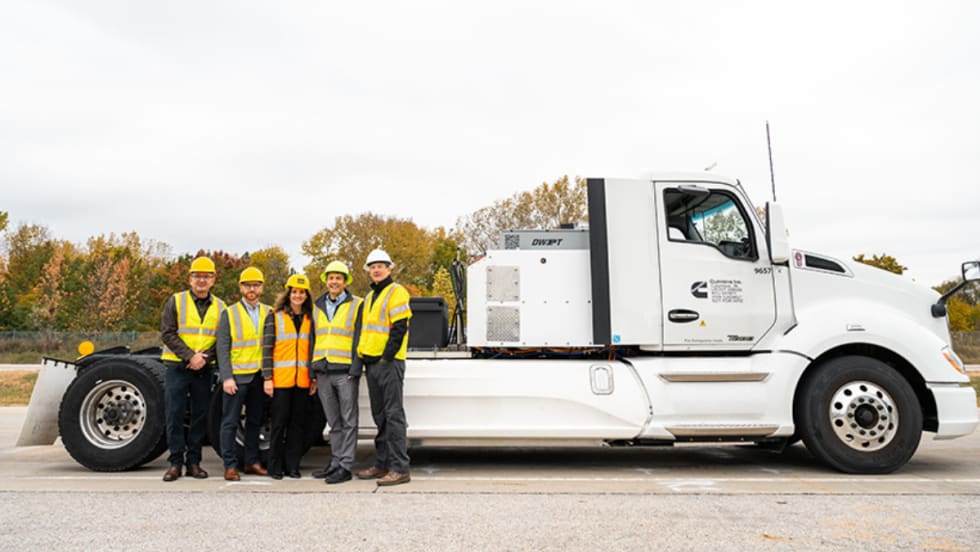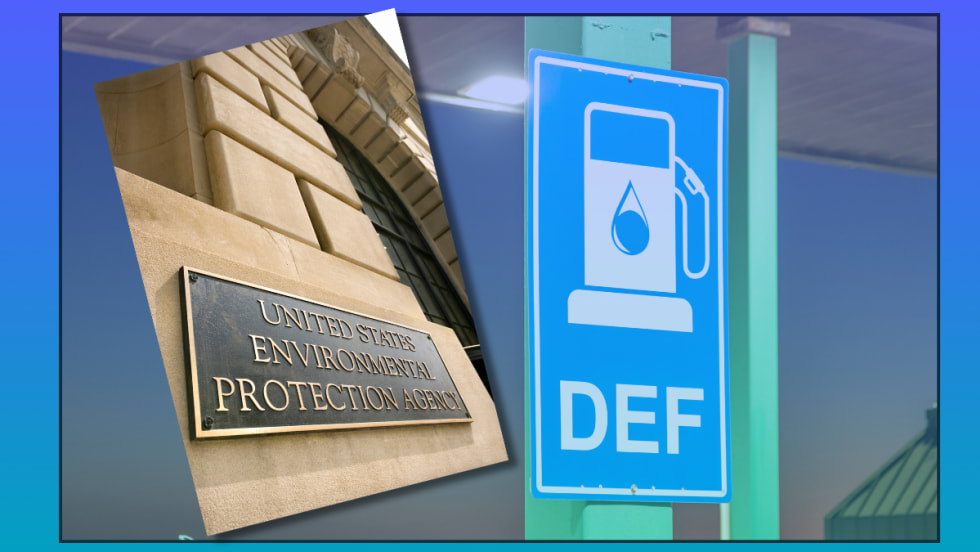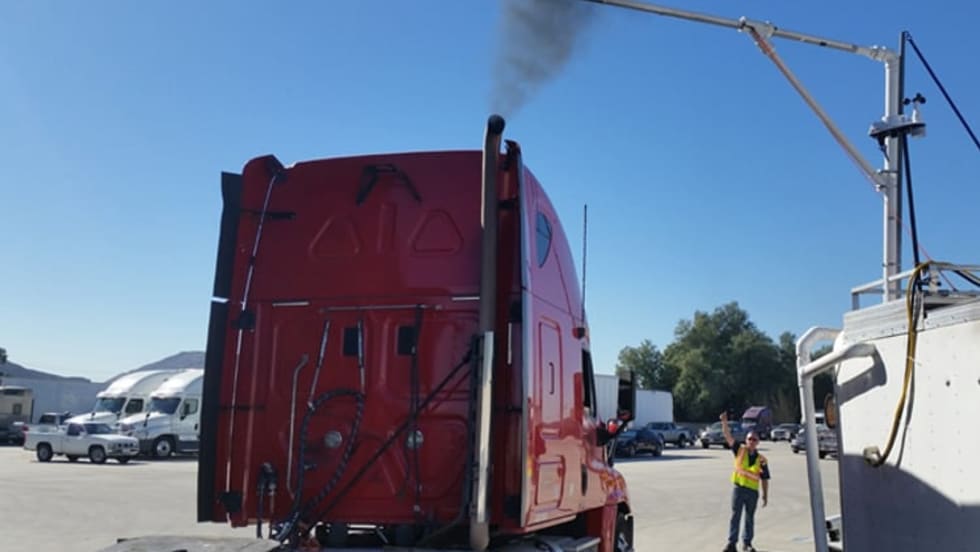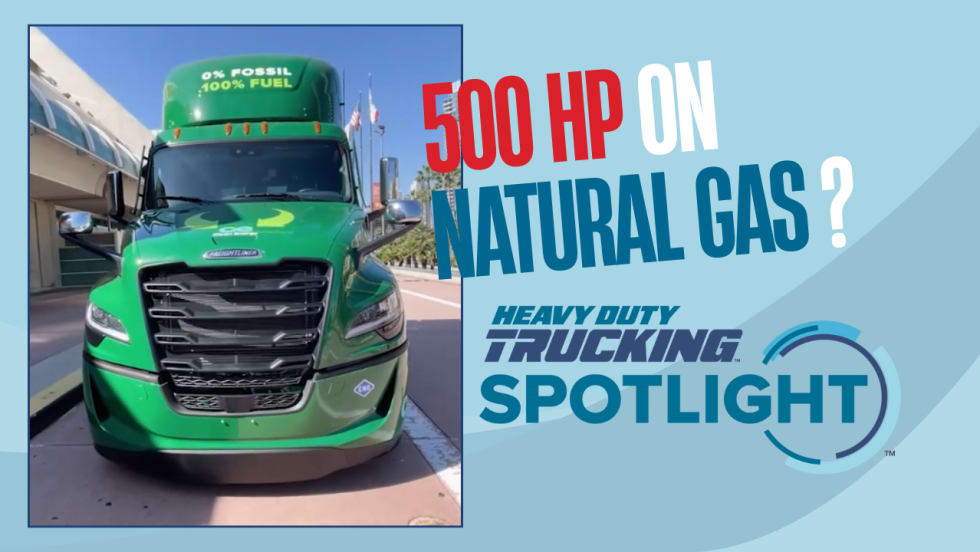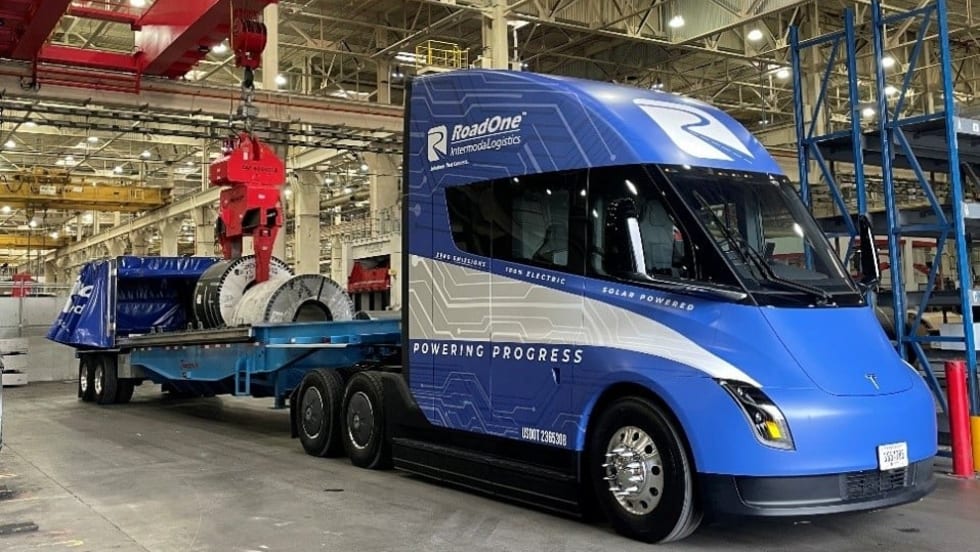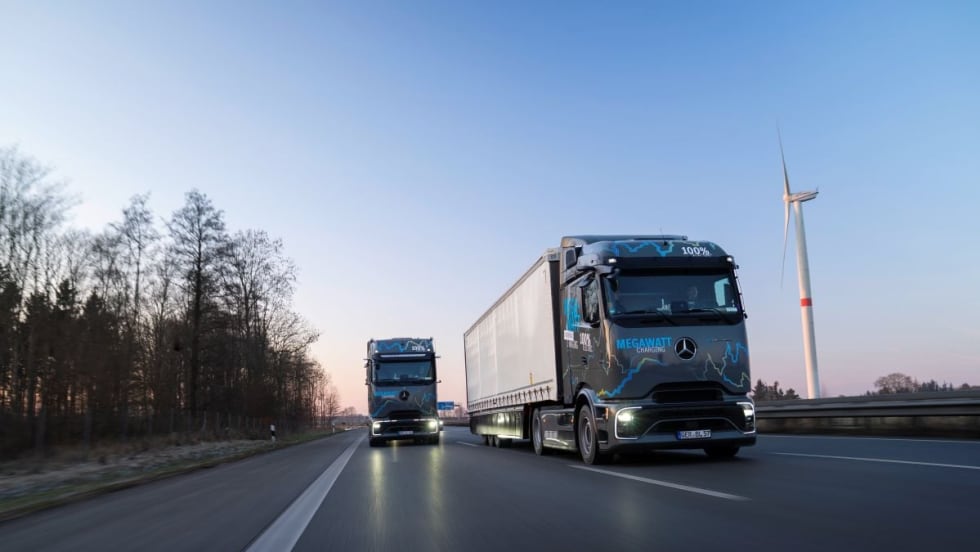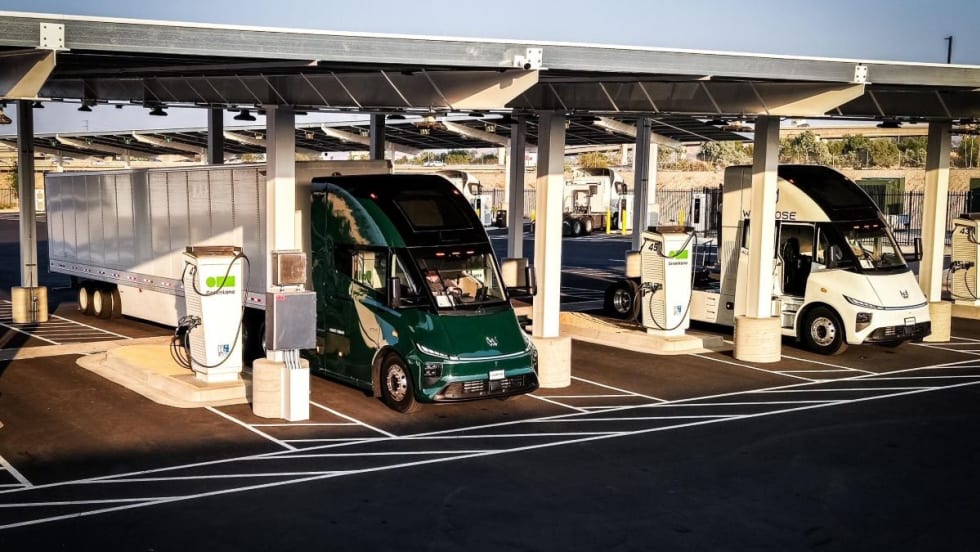Volvo Trucks is running tests of fuel-cell-electric trucks with an operational range comparable to diesel trucks, up to 1,000 km, and plans to start customer tests on public roads in 2025.
The testing of fuel-cell electric trucks in commercial traffic will start with select customers in Northern Europe, followed by additional trucks in more countries over the coming years.
Hydrogen-powered fuel cell electric trucks are expected to be especially suitable for long distance and heavy, energy-demanding assignments, according to Volvo, and could also be an option in countries where battery-charging possibilities are limited.
“I believe that the pilot tests will highlight the potential for fuel-cell electric trucks,” said Jessica Sandström, senior VP of global product management at Volvo Trucks.
The goal of the pilot programs will be to look at all different aspects of the truck’s operation, including working components, handling, and driver experience.
A fuel cell generates its own electricity from the hydrogen onboard instead of being charged from an external source. The only biproduct emitted is water vapor. Volvo’s electric trucks will use two fuel cells with a capacity to generate 300 kW of power, and will have a refuel time of less than 15 minutes.
Fuel cell technology is still in an early phase of development. While there are many benefits, Volvo noted, there remain some challenges, including developing a large-scale supply of green hydrogen as well as fueling infrastructure. To overcome the lack of available hydrogen when running the pilots, the filling of green hydrogen from renewable sources will be done at a fleet’s home depot. (Green hydrogen is produced by using renewable energy sources, such as wind, water and sun.)
“We expect the supply of green hydrogen to increase significantly during the next couple of years, since many industries will depend on it to reduce CO2,” Sandström said. “The fuel cell trucks will be important for longer and heavier transportations in a few years from now.”
The fuel cells will be supplied by Cellcentric, the joint venture between the Volvo Group and Daimler Truck AG. Cellcentric plans to build one of Europe’s largest series production facilities for fuel cells developed for heavy vehicles.




